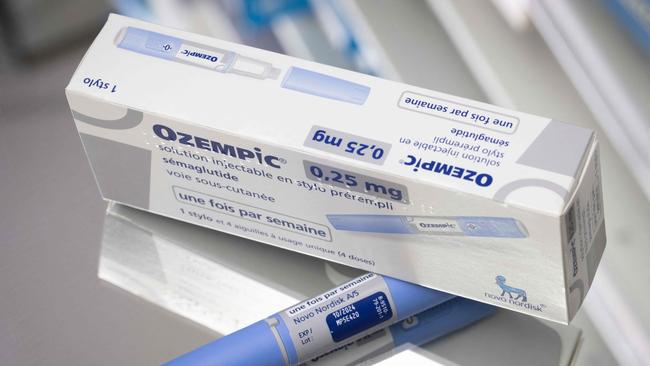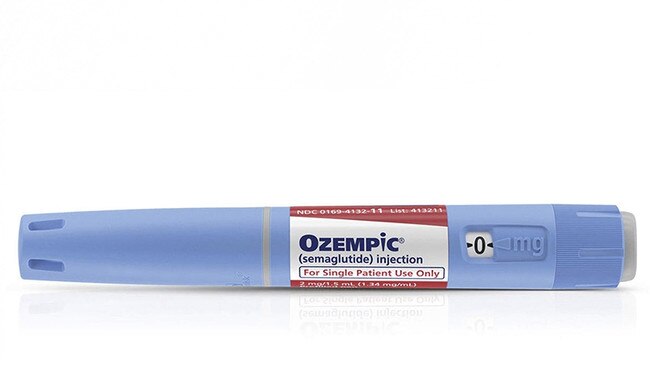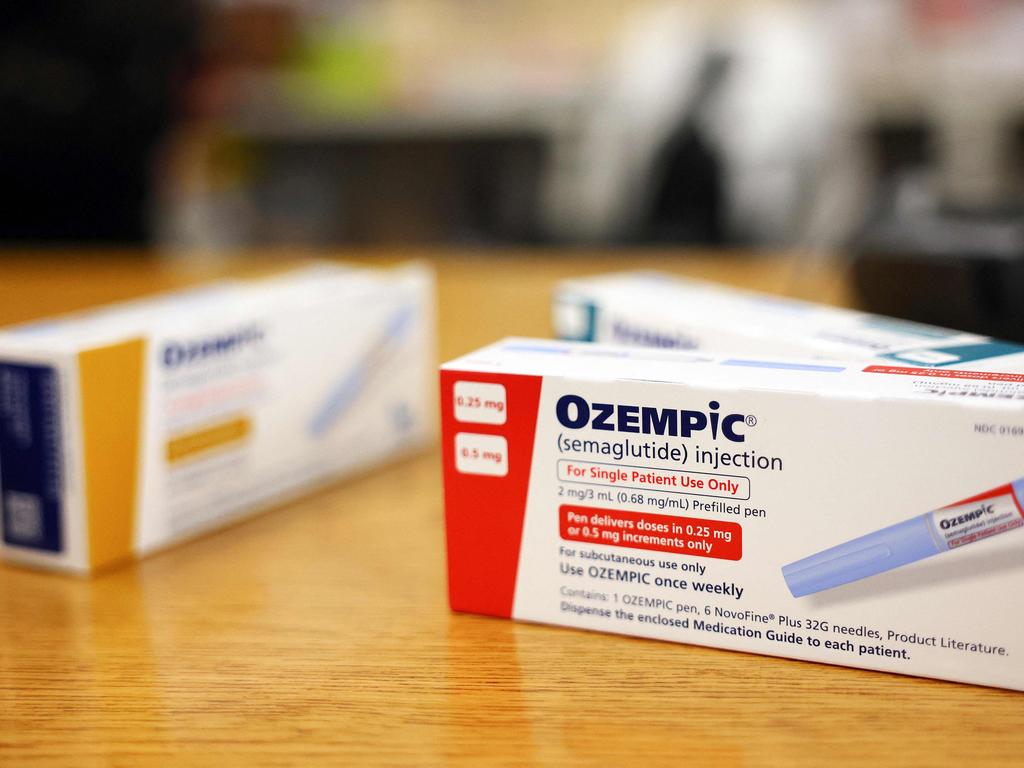Weight loss jabs could prevent the risk of cancer ‘by a fifth’
Drugs such as Ozempic and Wegovy could prevent tumours and boost survival rates, research suggests.

Weight loss injections such as Ozempic cut the risk of cancer by one fifth and provide a new weapon in the fight against the disease, research has found.
The drugs, known as GLP-1 agonists, were found to prevent several types of cancer, including breast and bowel, in a study involving 34,000 obese adults.
Patients were 19 per cent less likely to get cancer if they were on the drugs, which scientists said worked in “multiple ways” to stop tumours forming.
Separate research shows the drugs could significantly boost survival in breast cancer patients, and reduce the risk of cancer returning.
The findings were presented at the American Society of Clinical Oncology (Asco) conference in Chicago, where several studies have demonstrated the “enormous potential” of weight-loss injections to revolutionise cancer care.
The new class of drugs include semaglutide, branded as Ozempic and Wegovy. They work by mimicking the hormone GLP-1 and are used to treat type 2 diabetes and obesity, with recent trials showing they also reduce the risk of heart attacks and strokes.
Scientists at Case Western Reserve University in Cleveland, Ohio, looked at data from 34,000 obese patients, about half of whom had been taking GLP-1 drugs including Ozempic.

Over 15 years, those on the drugs were 19 per cent less likely to develop 13 cancers linked to obesity, including breast, bowel and liver cancer.
Dr Cindy Lin and Dr Benjamin Liu, the lead authors, said: “Our findings could change the paradigm of obesity management by suggesting early intervention [with weight-loss drugs] could delay or prevent obesity-related cancer.”
Part of the reduced risk is because patients lose weight. But the authors said there were other explanations, including that GLP-1 drugs reduced inflammation that can increase the risk of cancers. Data from studies in mice shows that the drugs can “cause the death of cancer cells and prevent them from multiplying”, the authors added.
Commenting on the findings at the conference, Dr Mitchell Lazar, from the University of Pennsylvania, said: “Obesity is a risk factor for nearly all cancers. Thus the revolution in the medical treatment of obesity has enormous potential to prevent new cancers and reduce the severity and growth rate of existing tumours.”
Research suggests the drugs could also be used alongside existing cancer treatments to boost survival rates.
One study by Harvard University looked at 1,448 patients with breast cancer and type 2 diabetes, half of whom were taking GLP-1 drugs. Those on the drugs were 33 per cent less likely to die from any cause within five years. All the patients were being treated with hormone therapies to control their disease, which often causes weight gain as a side-effect.
In another study, a team at the Memorial Sloan Kettering Cancer Center in New York looked at 75 women with breast cancer who were prescribed GLP-1 drugs such as Ozempic for diabetes or obesity. The drugs led to an average weight loss of 5 per cent in a year.
Dr Neil Iyengar, a co-author, said prescribing weight-loss drugs to breast cancer patients could also encourage them stick to cancer treatment, as up to 40 per cent stop taking hormone therapy because of the weight gain.
He called for clinical trials to test the drugs in cancer patients.
Recent trials suggested semaglutide may cut heart disease deaths by 20 per cent, prompting experts to call for it to be routinely prescribed to millions as a preventive measure. Trials also show it is an effective treatment for kidney disease. No clinical trials have yet been held in cancer patients.
Obesity is the second biggest cause of cancer in the UK, responsible for more than 1 in 20 cancer cases, and is fuelling a pronounced rise in cancers among the under-50s.
Professor Charles Swanton, Cancer Research UK’s chief clinician, said: “This large, retrospective study suggests a link between weight-loss drugs and a reduced risk of obesity-related cancer after just one year. Well- designed prospective trials with randomised data will provide more clarity on the potential and safety of weight-loss drugs to lower risk of cancer.”
THE TIMES






To join the conversation, please log in. Don't have an account? Register
Join the conversation, you are commenting as Logout